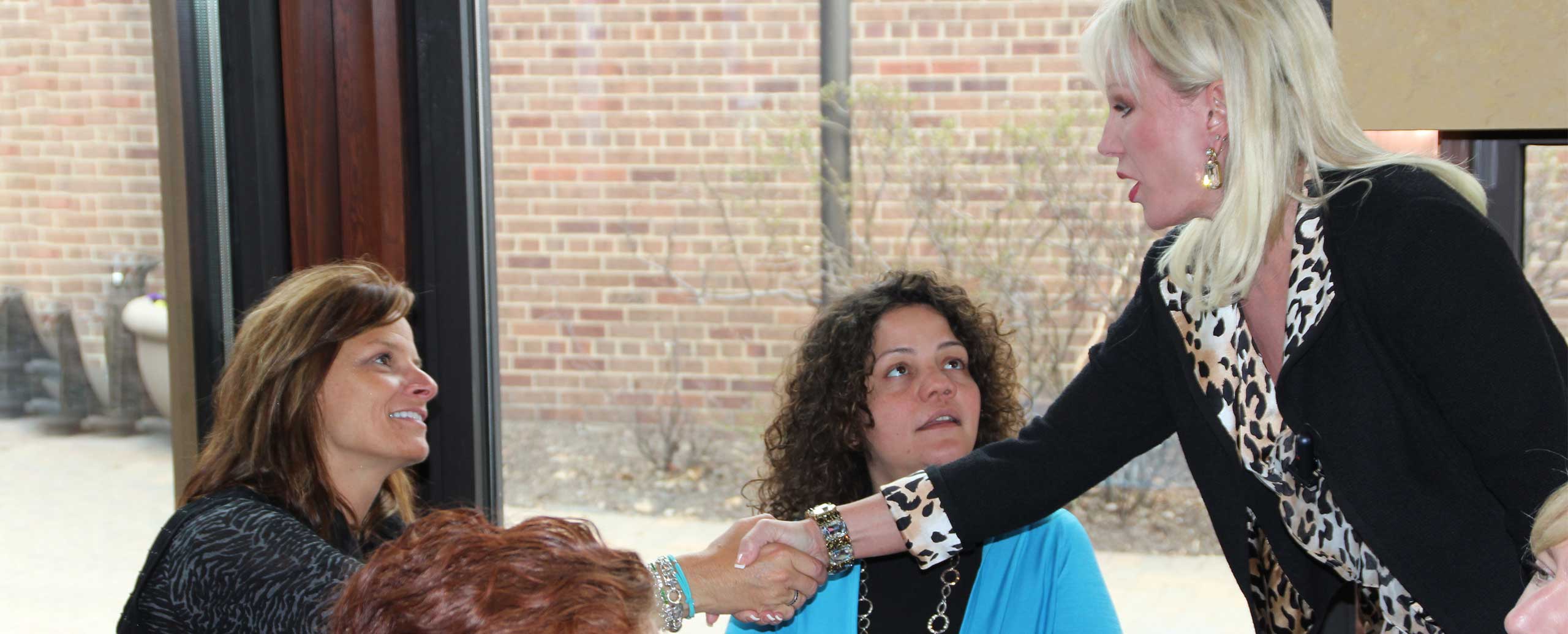Cultivating Connections: Leveraging the Power of Networking in Philanthropy
Networking plays a vital role in the philanthropic sector, enabling individuals and organizations to build meaningful connections, share resources, and collaborate on initiatives that drive positive change. As a seasoned benefit auctioneer and fundraising consultant, Karen Sorbo understands the power of networking in building philanthropic communities. In this blog post, we’ll explore the importance of networking in philanthropy and share Karen’s tips for cultivating strong, supportive networks focused on making a difference.
- Building Relationships: At its core, networking is about building relationships based on trust, mutual respect, and shared values. Karen emphasizes the importance of genuine connections in philanthropy. “Building strong relationships with donors, volunteers, and fellow nonprofit professionals is essential for long-term success,” she notes. By investing time and effort in getting to know individuals on a personal level, Karen fosters meaningful connections that form the foundation of a supportive philanthropic community.
- Leveraging Shared Interests: Networking provides an opportunity to connect with like-minded individuals who share a passion for making a difference. Karen advises seeking out individuals and organizations with similar interests and goals. “When you find common ground with others in the philanthropic sector, you can leverage each other’s strengths and resources to amplify your impact,” she explains. By joining forces with others who share your vision, you can collaborate on projects, share best practices, and support each other’s initiatives.
- Engaging with Diverse Perspectives: Diversity and inclusion are essential components of effective networking in philanthropy. Karen emphasizes the importance of engaging with individuals from diverse backgrounds, perspectives, and experiences. “By embracing diversity in our networks, we gain access to a broader range of ideas, insights, and solutions,” she says. By actively seeking out diverse voices and perspectives, Karen creates inclusive spaces where everyone feels valued and respected.
- Nurturing Professional Development: Networking provides opportunities for ongoing learning and professional development. Karen encourages professionals in the philanthropic sector to participate in industry events, conferences, and workshops. “Attending networking events allows you to stay informed about emerging trends, best practices, and innovative approaches to fundraising and philanthropy,” she advises. By staying connected with industry peers and thought leaders, you can expand your knowledge, skills, and expertise to better serve your community.
- Giving Back and Paying It Forward: Networking is not just about what you can gain; it’s also about what you can give back to others. Karen believes in the importance of paying it forward by supporting and mentoring others in the philanthropic sector. “By sharing your knowledge, experience, and resources with others, you can empower them to succeed and contribute to the greater good,” she says. By giving back to your community and supporting emerging leaders, you help cultivate a culture of generosity and collaboration within the philanthropic sector.
- Embracing Technology: In today’s digital age, technology plays a crucial role in networking and community building. Karen encourages philanthropic professionals to leverage social media platforms, online forums, and virtual networking events to connect with others in the field. “Technology has made it easier than ever to network and collaborate with individuals around the world,” she notes. By embracing technology, you can expand your reach, forge new connections, and stay connected with your network, no matter where you are.
- Fostering a Culture of Support: Ultimately, networking is about creating a culture of support and collaboration within the philanthropic sector. Karen emphasizes the importance of fostering a supportive community where individuals feel empowered to share ideas, seek advice, and collaborate on projects. “When we come together as a community, we can achieve far more than we ever could alone,” she says. By nurturing a culture of support and collaboration, Karen creates an environment where everyone can thrive and make a meaningful difference in the world.
Networking is a powerful tool for building philanthropic communities, fostering meaningful connections, and driving positive change. By investing in relationships, leveraging shared interests, engaging with diverse perspectives, nurturing professional development, giving back, embracing technology, and fostering a culture of support, individuals and organizations can create strong, vibrant networks that make a lasting impact on the world.







